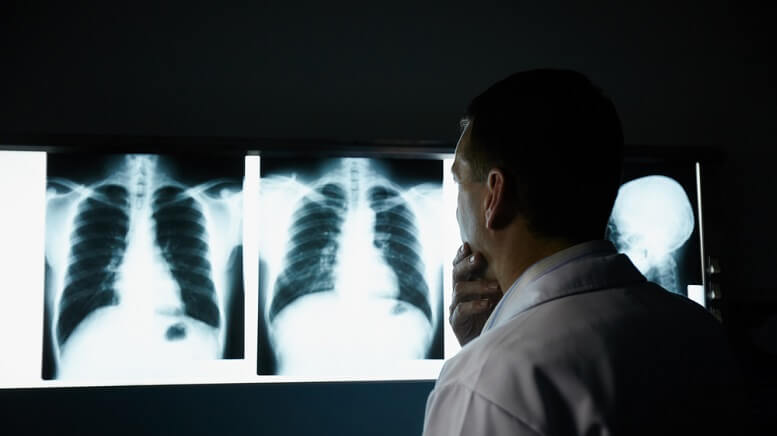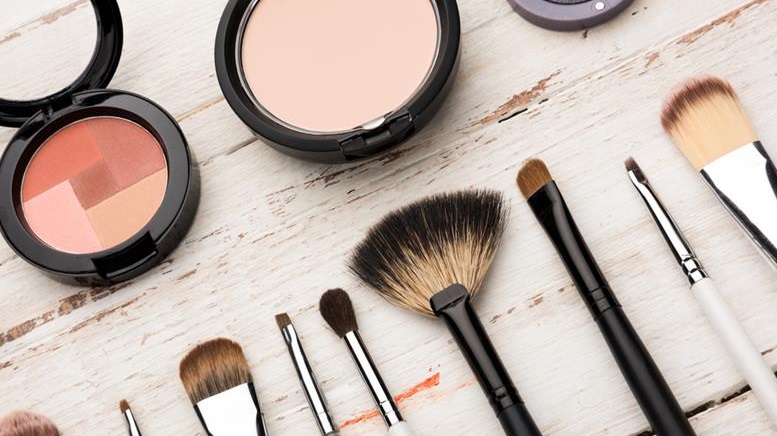Molds are a type of fungi common to many households. It is that hairy substance you find on bread, logs, spoilt yogurt, and in the kitchen among other damp areas. They thrive in warm moist surfaces and that explains why mold allergies are highest in June through to September.
However, molds can survive all year round and if you experience any of the symptoms described below, consider asking your doctor to prescribe a mold allergy treatment.
Allergic Symptoms from Mold Exposure
Mold spores are everywhere and when inhaled, they can trigger allergic reactions that affect people in different ways. Some of the symptoms that molds cause include;
⢠A runny nose
⢠Sneezing
⢠Itchy lips
⢠Nasal congestion
⢠Skin rash
⢠Irritated throat
⢠Watery eyes
⢠Itchy ears
⢠Shortness of breathing
When mold spores get to your lungs, you might develop asthma. Depending on your immune system, the symptoms can be immediate or experienced after a while. People living in damp areas are more likely to suffer from mold allergies.
Certain molds produce mycotoxins which can be harmful to humans. If left untreated, these toxins cause internal organ damage which can be life-threatening.
Treatment for Mold Symptoms
Although you can control mold exposure, itâs not entirely possible to avoid them. Simple practices around the house and workplace can drastically reduce mold allergies.
Avoiding mold
⢠Start by limiting outdoor activities when there is a high mold count
⢠Use dust masks if you are in constant exposure. For instance, if you mow lawn or rake leaves
⢠Keep your windows closed at night to keep out the outdoor molds
⢠Clear any molds from your house. Check under the sink, in the bathroom, and any damp place inside your house. Repair leaking pipes faucets
⢠Take a shower before sleeping to remove any mold spores from your hair or skin
Avoiding food mold
Mushrooms, soy sauce, foods containing yeast and dried fruit contain fungi. They are riskier since they enter your bodyâs blood vessels when consumed. Stay away from food that can trigger any of the allergic reactions. Always eat freshly baked bread and fresh fruits.
Medications for mold symptoms
Mold allergy treatment can be managed by over the counter medications such as;
Antihistamine which is a good relief to a runny nose, sneezing, and itching.
Nasal corticosteroids are sprays that effectively treat nasal congestion.
Decongestants including Drixoral.
As a general rule, check with your doctor before using any medication. If symptoms persist, donât hesitate to call your doctor.
Shots for mold symptoms
Where other medications have failed to neutralize the effects of a mold allergy, a series of shots might be the solution. Shots are specific and you will have to be examined so that doctors know the exact type of mold allergy thatâs affecting you.
Remember, allergies can’t be cured. They can only be suppressed using medication. Be aware of your surroundings and get rid of items that encourage the growth of molds.
Featured Image: Depositphotos/© AndreyPopov









